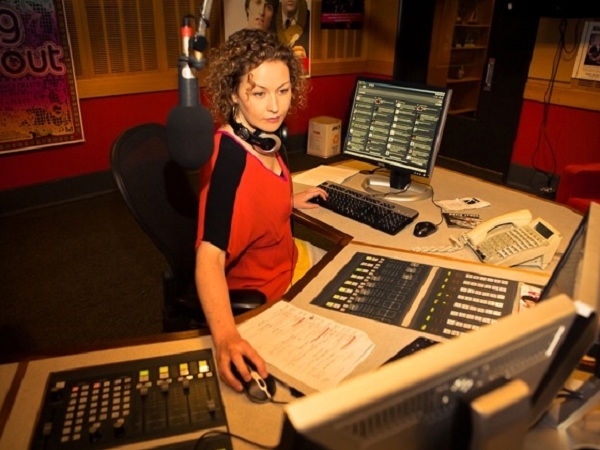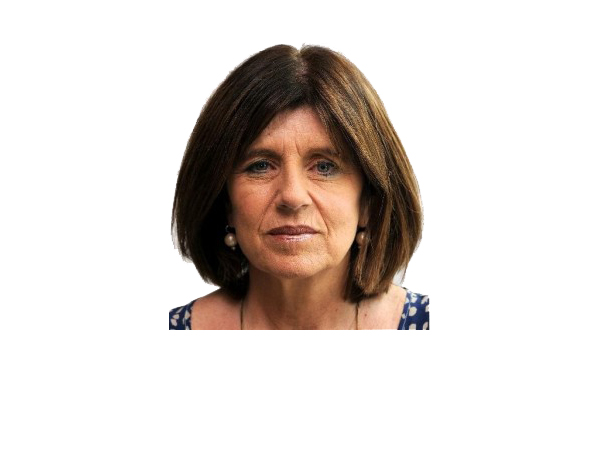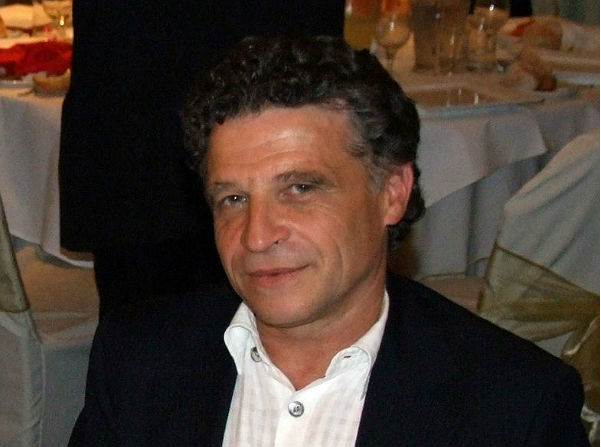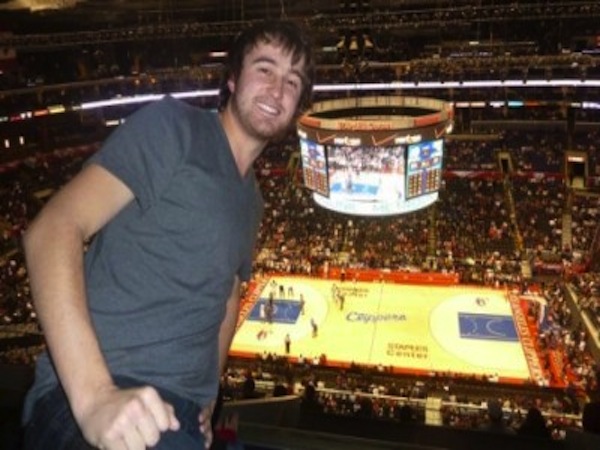Nick Richardson always knew he was always going to be a journalist. His career began modestly enough in the copy room of a Tasmanian regional newspaper. These days, Richardson works at the Melbourne-based Leader community newspaper network where he is the group news editor, as he explains to Phillip Newnes.
As group news editor of Leader newspapers, how does your role work?
The Leader network is constructed around four geographic regions (southern, northern, western and eastern) and my role helps coordinate issues, stories and campaigns that run across all or regional sections of that paper. Although we run a very lean paper in terms of staffing per newspaper, because we have so many (newspapers), we actually finish up with quite a large editorial staff – we’ve got almost 200. Part of my role is to make sure that we’ve got people in the right places at the right time, which involves recruitment, retention and training as well. The third element of what I do is help manage and broker relationships with outside organisations – so there’s a kind of liaison role there as well.
How do think your roles at The Australian, The Bulletin and The Herald Sun compare to your current role with the community press?
I think you take a slightly different view as a journalist when you’re working for those papers where you look at the issue rather than where the issue is occurring. From my perspective, if something happening in Maribyrnong is newsworthy, I need to know if it is happening in… say Knox, for example. When I was at The Oz, The Bully and to a lesser extent The Herald Sun, the very fact that it was happening at all, would justify its inclusion perhaps in those publications. There’s a slightly different focus but ultimately the reality is if something’s a legitimate news story, then it’s a legitimate news story. We don’t abandon our news priorities, but we recognise that smaller impact stories occurring locally are a part of the fodder that drives our publications. Our priority is keeping the community as informed as possible and if we’re not giving the community back to our readers we’re not really doing our job.
What kind of journalism do local papers need?
If you’re a good journalist in a local paper you can be a good journalist anywhere, and your priorities and the way you go about your job should apply across the board – so I don’t necessarily believe that you do a different job in community journalism. The thing that distinguishes journalists at the metros from a local paper is that they’re better resourced, possibly have more time, and they have a determination to pursue stories while working in a larger pool… and those things tend to make a difference. The way that the bigger papers operate in communities is that they’ll come in do the story like a commando raid – then leave. Because local papers need to deal with those people regularly, we make a kind of investment in cultivating those local contacts and treating them in a way that will enable us to go back and elicit further information and stories.
What can local papers do that other media can’t?
Some research suggests community newspapers actually have a higher degree of credibility compared to the metros, and I think that’s really a reflection of how close we are to our communities. We have a genuine rapport and set of established relationships with key community members that enable us to get the kinds of stories that maybe the metros don’t.
How can public trust in journalists be restored?
Trust is an issue we really struggle with. I’ve had a view for some time now that problems with perceptions of trust and credibility among journalists have arisen ever since people have seen what some journalists do. I remember my mother being appalled at journalists putting microphones under grieving parents’ noses and saying ‘How do you feel?’. That kind of moment crystallises to me why a lot of people have trouble trusting journalists – they need to see us behaving better.
What do you look for in emerging journalists?
That’s the 64 million dollar question. I guess the thing I don’t look for – and over the years it’s been said to me a lot, is writing. If you ask that open-ended question ‘Why do you want to be a journalist?’ a lot of people in my experience will say ‘writing’. As much as you need to be a competent writer, and in some instances very competent, writing is not something that to my way of thinking, is the number one requirement in journalism – for me it’s curiosity, and secondly an ability to get along with people.
To what extent can you teach somebody to be a good journalist?
I taught at RMIT for a few years and there was always that question of whether or not we were actually turning out people who were able to do the job. You can equip someone with a set of understandings about how journalism works, but I don’t think you can teach curiosity or an ability to get along with people…that’s why I think ENTER scores are a tricky thing. Although they’ll tell you how committed, diligent, intelligent and organised a person is – all of which are terrific parts of the boutique set of skills that journalists need, it won’t give you that insight into the character of a person.
When did you know you were going to be a journalist?
I was in third year at high school and there was vocational testing happening where you needed to nominate your preferred three jobs. I put journalism first, teaching second, and librarianship third, but as far as I was concerned, there was a lot of daylight between ‘one’ and ‘two’, and stratospheres between ‘two’ and ‘three’. I think I’d run out of ideas by two. There was no one in the family as such who’d been a journo, but strangely enough, my father spent some of his childhood living on the premises of The Examiner because my grandfather was, for a time, the night manager there – so there was no direct connection with journalism per se but it’s kind of an association as much as anything.
Which journalist do you admire the most?
When I was in uni, Michael Gawenda had just done a series of stories for The Age where he lived on a housing estate for several weeks – I think he won a Walkley for it actually, and I remember thinking, ‘Wow, this is fantastic’. In fact, one of the first ‘gigs’ I put my hand up for when I was at The Examiner on a twelve month cadetship was to actually stay overnight in a homeless shelter, so his piece was something that really stayed in my mind.
While working as a journalist, you also managed to complete a PhD in History. What was your thesis about?
It was about the commercialisation of sport, really, and in particular, test cricketer Ted McDonald. He made a decision to turn his back on an International Test Cricket career to play league cricket in England for money alone and was basically the pioneer in terms of that. My research began with a biography of Ted and over the course of four years it developed into a PhD thesis, which I’m happy to say, is the best piece of work I’ve ever done… which is what you’d hope to get out of a doctorate.
Did undertaking the PhD make you think any differently about journalism itself?
For so many people, what constitutes journalism is news, and news is often about unique events – not necessarily contemporary events. History, however, is often about continuity and being able to find a pattern. and journalism too, is sometimes about seeing where the patterns are. Doing the PhD helped me come to understand that there is a body of material that you can apply to your thinking about journalism. It might not see the light of day in terms of your final story, but it will actually help the way that you think, research and interview to get the information that will appear in the final story.
In a word, how would you describe your journalistic style?
Collegial.
Phillip Newnes is a Master of Global Communications candidate at La Trobe University.






